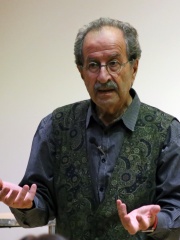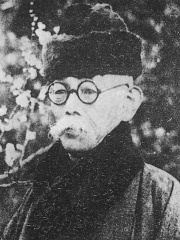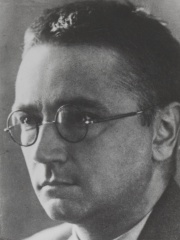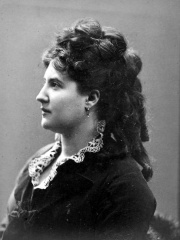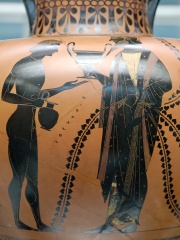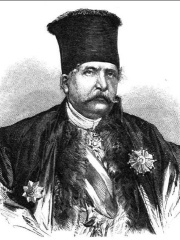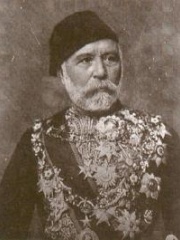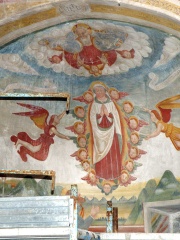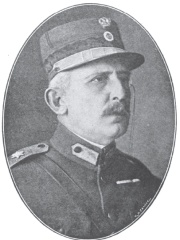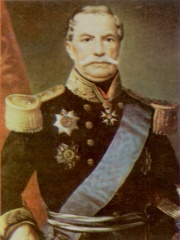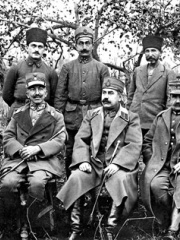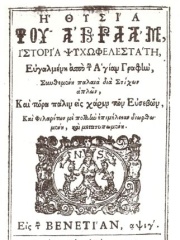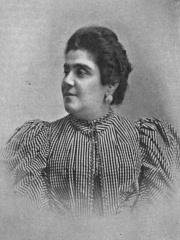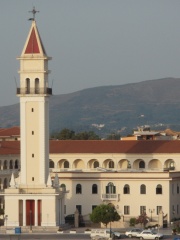Writer
Corinna
501 BC - 501 BC
EN.WIKIPEDIA PAGE VIEWS (PV)
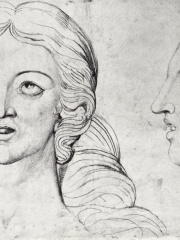
 Corinna
Corinna
Her biography is available in 32 different languages on Wikipedia (up from 30 in 2024). Corinna is the 4,097th most popular writer (down from 992nd in 2024), the 679th most popular biography from Greece (down from 233rd in 2019) and the 78th most popular Greek Writer.
Corinna is most famous for her poem, "The Lament of Corinna."
Memorability Metrics
Page views of Corinna by language
Among Writers
Among writers, Corinna ranks 4,097 out of 7,302. Before her are You Xie, François le Métel de Boisrobert, Lilian Jackson Braun, Rafik Schami, Murad Wilfried Hofmann, and Louis Bromfield. After her are Olaf Bull, Don Miguel Ruiz, Tsubouchi Shōyō, Simon Vestdijk, Johannes Linnankoski, and Judith Gautier.
Most Popular Writers in Wikipedia
Go to all RankingsYou Xie
1958 - Present
HPI: 57.77
Rank: 4,091
François le Métel de Boisrobert
1592 - 1662
HPI: 57.77
Rank: 4,092
Lilian Jackson Braun
1913 - 2011
HPI: 57.77
Rank: 4,093
Rafik Schami
1946 - Present
HPI: 57.77
Rank: 4,094
Murad Wilfried Hofmann
1931 - 2020
HPI: 57.76
Rank: 4,095
Louis Bromfield
1896 - 1956
HPI: 57.75
Rank: 4,096
Corinna
501 BC - 501 BC
HPI: 57.75
Rank: 4,097
Olaf Bull
1883 - 1933
HPI: 57.75
Rank: 4,098
Don Miguel Ruiz
1952 - Present
HPI: 57.75
Rank: 4,099
Tsubouchi Shōyō
1859 - 1935
HPI: 57.75
Rank: 4,100
Simon Vestdijk
1898 - 1971
HPI: 57.74
Rank: 4,101
Johannes Linnankoski
1869 - 1913
HPI: 57.74
Rank: 4,102
Judith Gautier
1845 - 1917
HPI: 57.74
Rank: 4,103
Contemporaries
Among people born in 501 BC, Corinna ranks 3. Before her are Parmenides, and Exekias. Among people deceased in 501 BC, Corinna ranks 2. Before her is Exekias.
Others Born in 501 BC
Go to all RankingsParmenides
PHILOSOPHER
501 BC - 470 BC
HPI: 84.47
Rank: 1
Exekias
DESIGNER
501 BC - 501 BC
HPI: 68.07
Rank: 2
Corinna
WRITER
501 BC - 501 BC
HPI: 57.75
Rank: 3
Others Deceased in 501 BC
Go to all RankingsIn Greece
Among people born in Greece, Corinna ranks 679 out of NaN. Before her are Antonios Nikopolidis (1971), Onomacritus (-530), Dimitrios Voulgaris (1803), Mohamed Sherif Pasha (1826), Abundius (null), and Ioannis Theodoropoulos (1900). After her are Periklis Pierrakos-Mavromichalis (1863), Spyridon Chazapis (1872), Antonios Kriezis (1796), Yiannis Kouros (1956), Nikolaos Trikoupis (1868), and Alcmenes (null).
Others born in Greece
Go to all RankingsAntonios Nikopolidis
SOCCER PLAYER
1971 - Present
HPI: 57.93
Rank: 673
Onomacritus
WRITER
530 BC - 480 BC
HPI: 57.89
Rank: 674
Dimitrios Voulgaris
POLITICIAN
1803 - 1878
HPI: 57.84
Rank: 675
Mohamed Sherif Pasha
POLITICIAN
1826 - 1887
HPI: 57.81
Rank: 676
Abundius
RELIGIOUS FIGURE
HPI: 57.76
Rank: 677
Ioannis Theodoropoulos
ATHLETE
1900 - Present
HPI: 57.75
Rank: 678
Corinna
WRITER
501 BC - 501 BC
HPI: 57.75
Rank: 679
Periklis Pierrakos-Mavromichalis
POLITICIAN
1863 - 1938
HPI: 57.73
Rank: 680
Spyridon Chazapis
POLITICIAN
1872 - 2000
HPI: 57.71
Rank: 681
Antonios Kriezis
POLITICIAN
1796 - 1865
HPI: 57.68
Rank: 682
Yiannis Kouros
ATHLETE
1956 - Present
HPI: 57.66
Rank: 683
Nikolaos Trikoupis
MILITARY PERSONNEL
1868 - 1956
HPI: 57.66
Rank: 684
Alcmenes
POLITICIAN
HPI: 57.66
Rank: 685
Among Writers In Greece
Among writers born in Greece, Corinna ranks 78. Before her are Vassilis Alexakis (1943), Vitsentzos Kornaros (1553), Alberto Savinio (1891), Antiphanes (-388), Matilde Serao (1856), and Onomacritus (-530). After her are Sotades (-400), Ioannis Chrysafis (1873), Kostas Karyotakis (1896), Solomon Alkabetz (1505), Andreas Kalvos (1792), and Pherecrates (-450).
Vassilis Alexakis
1943 - 2021
HPI: 58.70
Rank: 72
Vitsentzos Kornaros
1553 - 1616
HPI: 58.61
Rank: 73
Alberto Savinio
1891 - 1952
HPI: 58.49
Rank: 74
Antiphanes
388 BC - 311 BC
HPI: 58.33
Rank: 75
Matilde Serao
1856 - 1927
HPI: 58.02
Rank: 76
Onomacritus
530 BC - 480 BC
HPI: 57.89
Rank: 77
Corinna
501 BC - 501 BC
HPI: 57.75
Rank: 78
Sotades
400 BC - 300 BC
HPI: 56.60
Rank: 79
Ioannis Chrysafis
1873 - 1932
HPI: 56.57
Rank: 80
Kostas Karyotakis
1896 - 1928
HPI: 56.54
Rank: 81
Solomon Alkabetz
1505 - 1584
HPI: 56.40
Rank: 82
Andreas Kalvos
1792 - 1869
HPI: 55.93
Rank: 83
Pherecrates
450 BC - 450 BC
HPI: 55.90
Rank: 84



